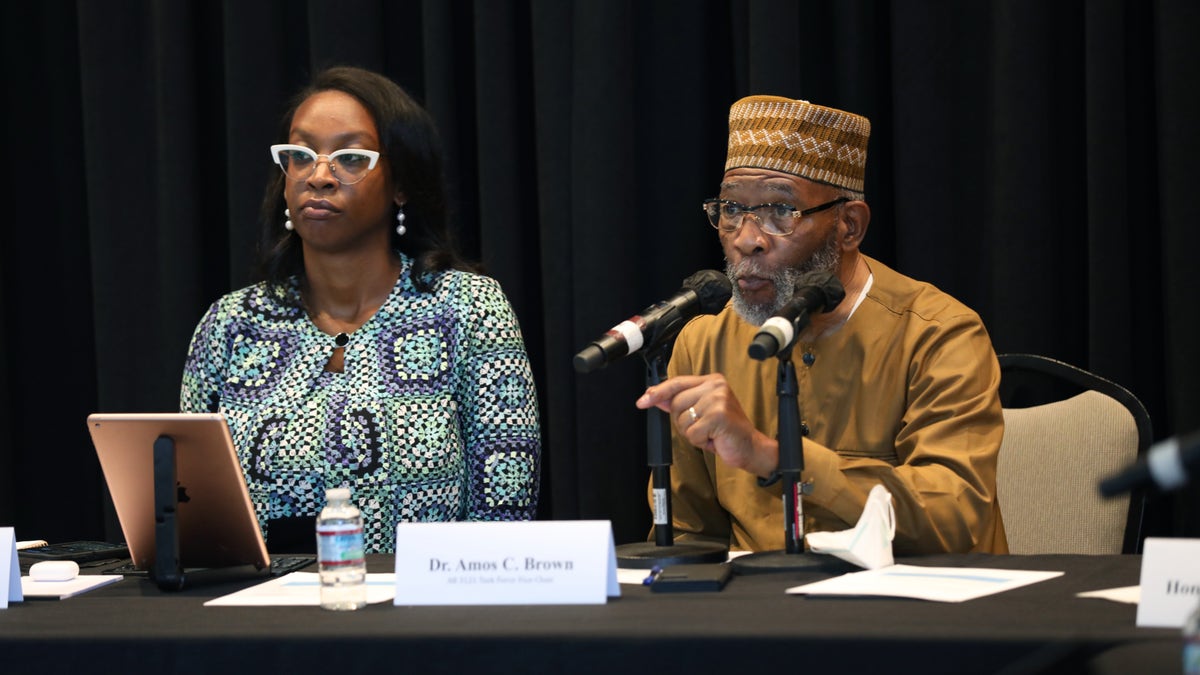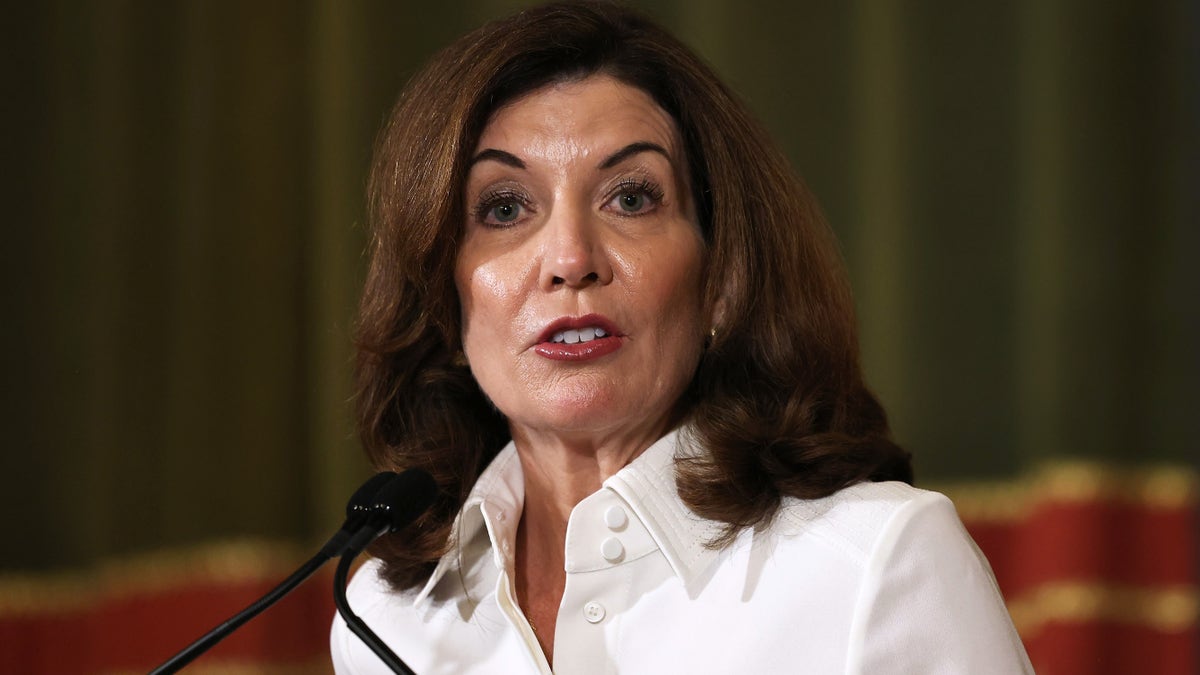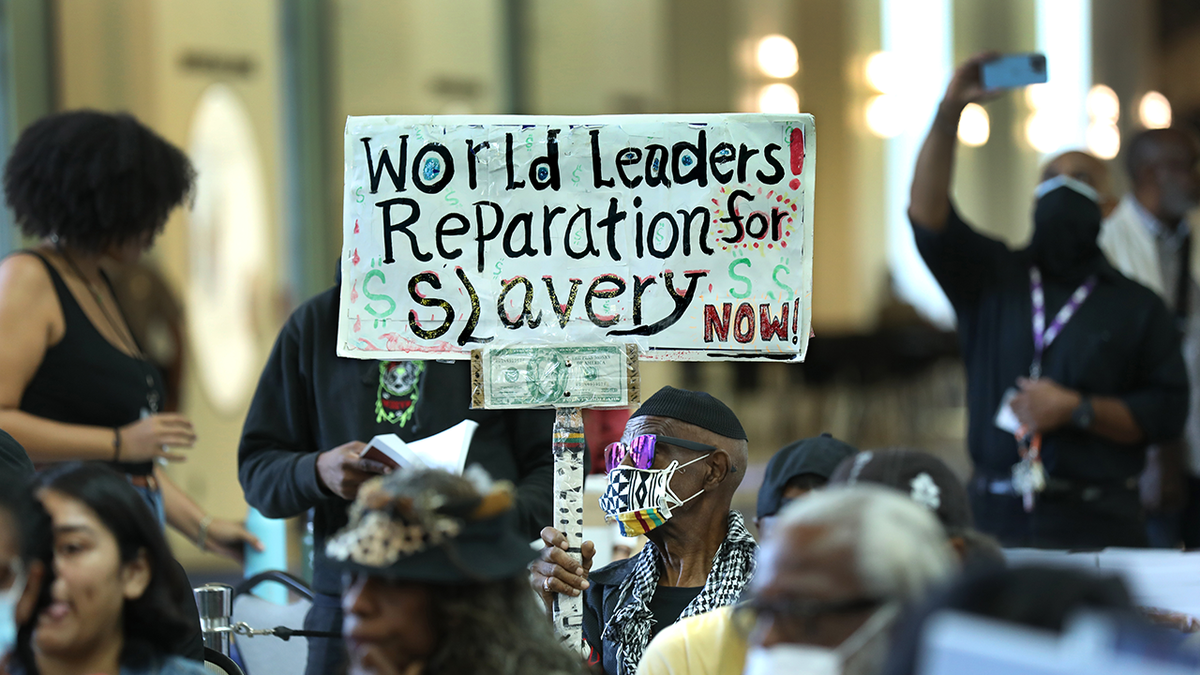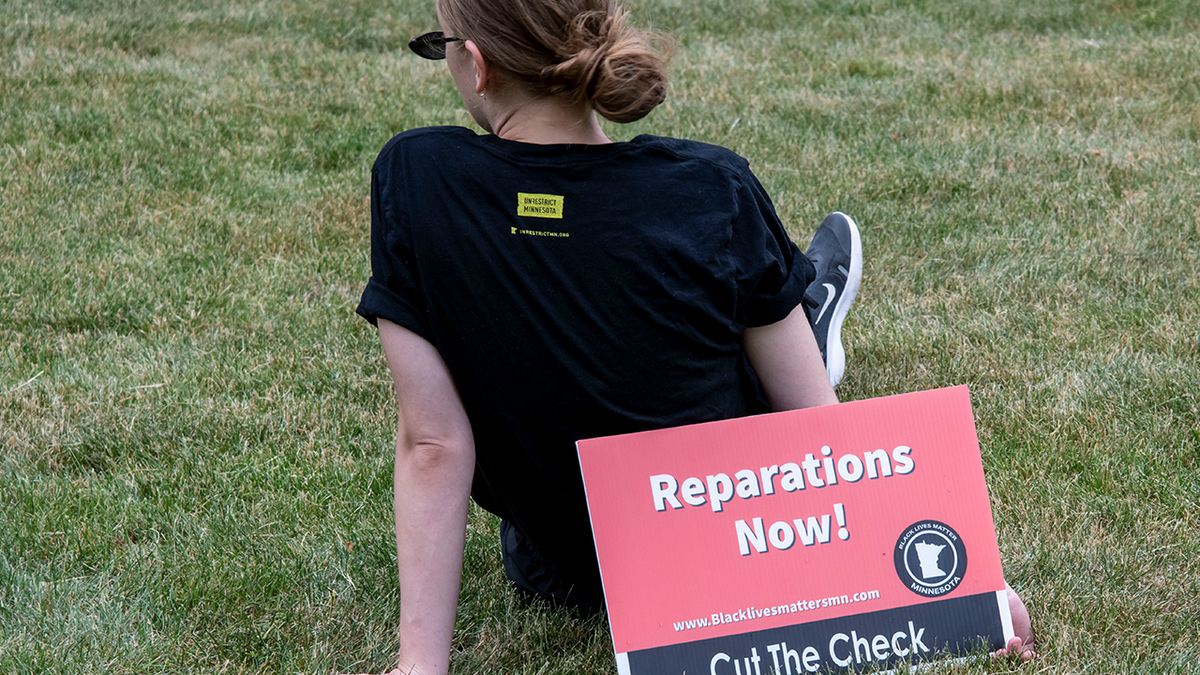The dialogue surrounding reparations for historical injustices is gaining traction across the United States, encompassing various levels of government and extending beyond the African American community. While the concept of financial redress for slavery and racial discrimination has been a long-standing discussion, recent developments have propelled it into the national spotlight.
California stands at the forefront of this movement, with a state-appointed task force recently issuing comprehensive recommendations. These recommendations, which include potential monetary payments and policy reforms, aim to address the enduring legacy of slavery and systemic racism. The task force's report estimates the harm caused to eligible Black Californians to be substantial, potentially exceeding $1 million per individual.

California's task force has proposed various forms of redress, going beyond direct cash payments. These include reforms to the criminal justice system, mandatory anti-bias training for medical professionals, and addressing disparities in child support enforcement.
New York has also joined the conversation, with the state legislature passing a bill to establish a commission to study the impact of slavery and racial discrimination. While Governor Kathy Hochul's stance on the bill remains unclear, its passage marks a significant step towards exploring potential reparations in New York.

Beyond statewide efforts, numerous cities are taking action at the local level. Evanston, Illinois, has become the first city to distribute reparations payments, providing $25,000 to qualifying Black residents for housing-related expenses. Other cities, including San Francisco, Oakland, Los Angeles, Sacramento, Greenbelt, Baltimore, Asheville, and Providence, are exploring or implementing their own reparations programs.

The reparations movement is also expanding to include other historically marginalized groups. Eleven Native American tribes are seeking reparations from the University of Minnesota for land appropriation. This reflects a broader trend of universities grappling with their historical ties to land dispossession and exploring ways to make amends.

At the federal level, the push for a national reparations commission faces significant political hurdles. While some Democratic lawmakers and advocacy groups support the initiative, widespread Republican opposition and a lack of consensus among Democrats present challenges. President Biden's position on the issue remains ambiguous, further complicating the path towards federal action.
Comments(0)
Top Comments